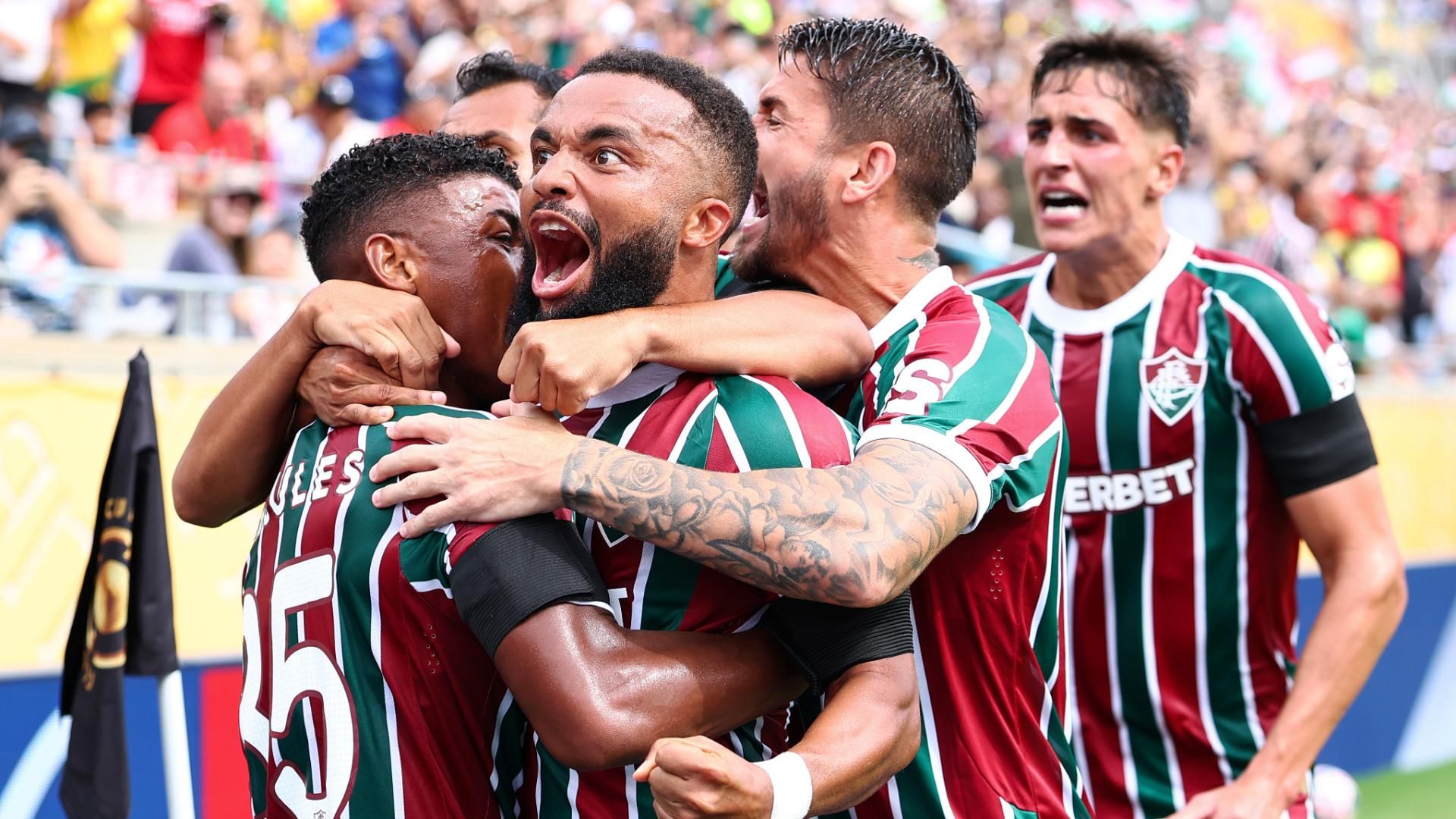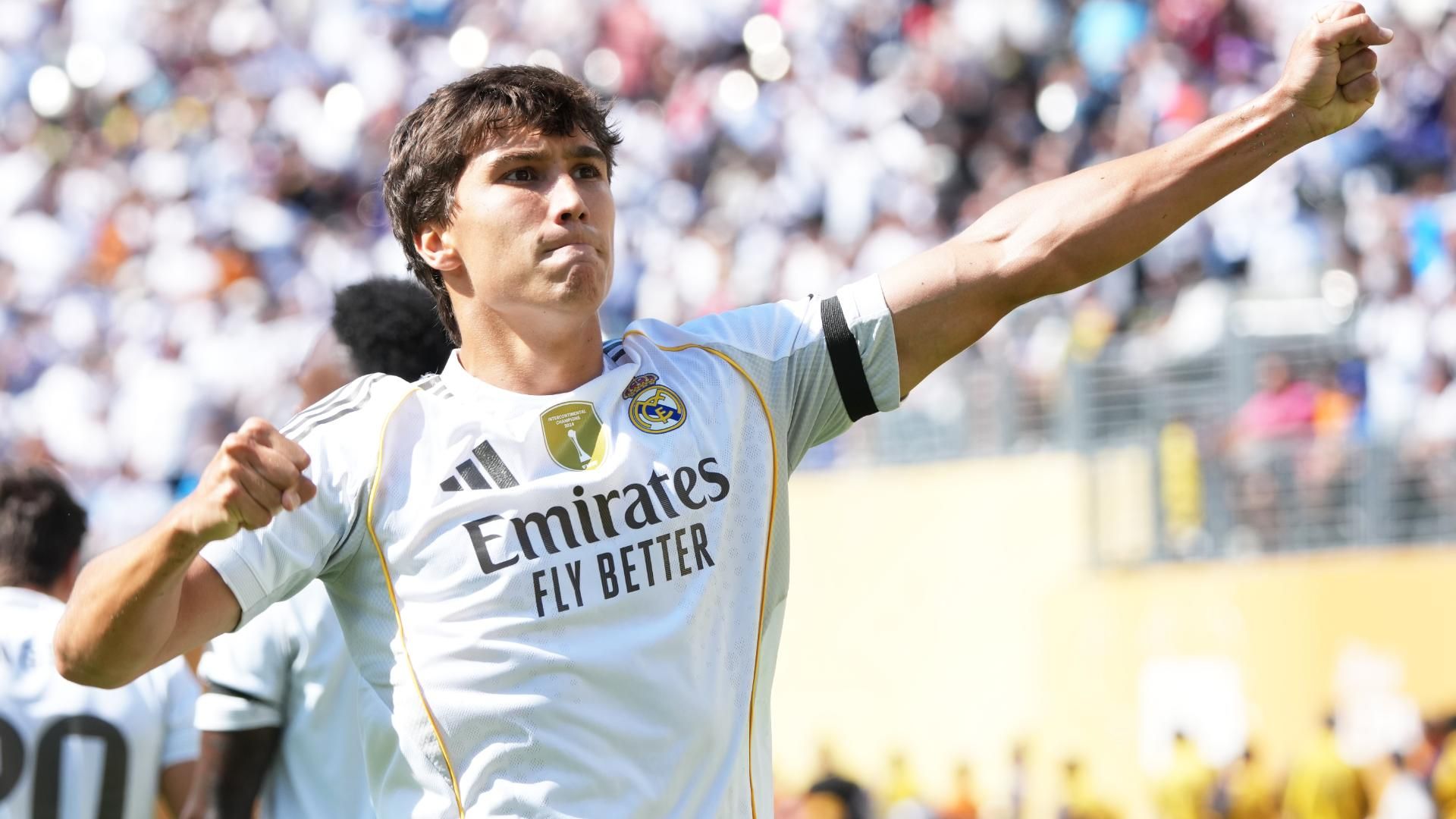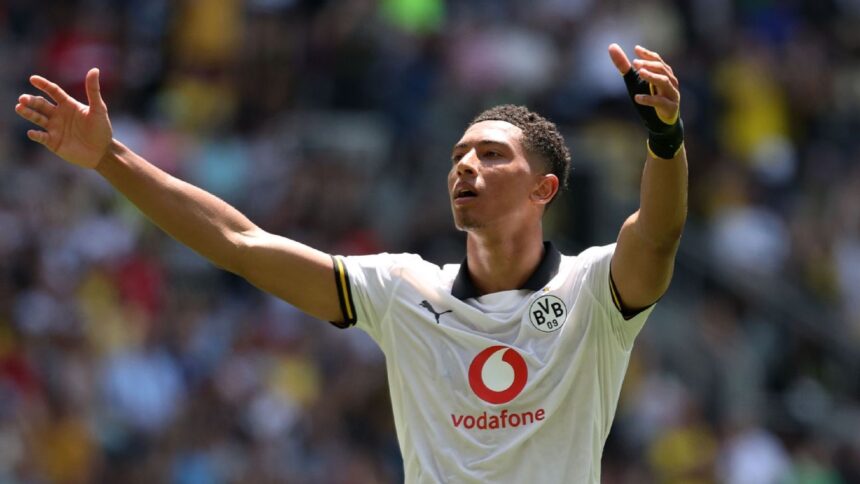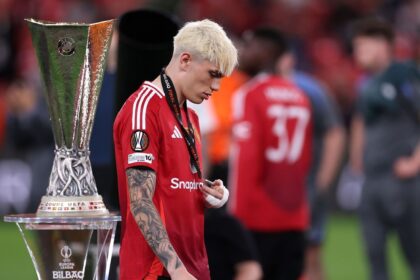Analysis of the 2025 Club World Cup: Surprises, Stars, and Lessons Learned
The FIFA Club World Cup 2025 promised to be a competition with two distinct faces. On the one hand, the opportunity for non-European teams to gain experience and exposure, and on the other, the dominance of European clubs with their large budgets. The initial expectation was to see at least two non-European teams in the quarterfinals. Reality exceeded expectations. Three non-European teams reached the quarter-finals: Al Hilal, who defeated Manchester City, Fluminense, who overcame Inter Milan, and Palmeiras, who survived a tough match against Botafogo. Fluminense even reached the semi-finals, where they fell to Chelsea. This tournament, despite the criticisms, has provided opportunities for lesser-known clubs and has allowed outstanding players to shine on a global stage.Players like Marcos Leonardo (Al Hilal) and Alexander Barboza (Botafogo) made a name for themselves, while veterans like Thiago Silva (Fluminense) and Ángel Di María (Benfica) proved their relevance. Young promises like Jobe Bellingham (Borussia Dortmund) and Gonzalo García (Real Madrid) took the opportunity to stand out.Connecting club football globally and giving more opportunities to “underdog” teams is a very positive thing.
Alofoke Deportes Analyst

The 10 Most Memorable Club World Cup Players
While names like Harry Kane (Bayern Munich) and Erling Haaland (Manchester City) met expectations, the players who stood out the most were those who made the most of their opportunities. Veterans and young prospects stood out.Alexander Barboza, Defender, Botafogo
The Botafogo defender was a bulwark in defense, leading the team despite an attack that scored few goals. Barboza made 96 defensive interventions in four matches, including 25 in the victory against PSG.Jobe Bellingham, Midfielder, Borussia Dortmund

Yassine Bounou, Goalkeeper, Al Hilal
The Moroccan goalkeeper, hero of the 2022 World Cup, proved his worth once more. Despite conceding three goals against Manchester City, he made 11 saves and prevented further damage, demonstrating his ability to perform under pressure.Kingsley Coman, Forward, Bayern Munich
Coman, despite the injuries, demonstrated his technical quality. In four matches, he scored two goals and provided two assists, in addition to winning nine of 15 individual duels and making three interceptions.Ángel Di María, Forward, Benfica
Despite Benfica’s elimination, Di María left his mark. In four matches, he scored four goals and assists, and led his team in chances created and dribbling attempts.Gonzalo García, Forward, Real Madrid

Achraf Hakimi, Defender, PSG
Hakimi, considered one of the best right-backs in the world, proved his worth with goals, assists, and a large number of offensive and defensive actions. His performance was key for PSG.Marcos Leonardo, Forward, Al Hilal
Leonardo, with four goals, including two against Manchester City, was a fundamental piece in Al Hilal’s attack. His ability to be in the right place at the right time was key.Pedro Neto, Forward, Chelsea
Neto was one of Chelsea’s key players, standing out with three goals and numerous chances created. Despite the team’s difficulties, his performance was outstanding.Thiago Silva, Defender, Fluminense











